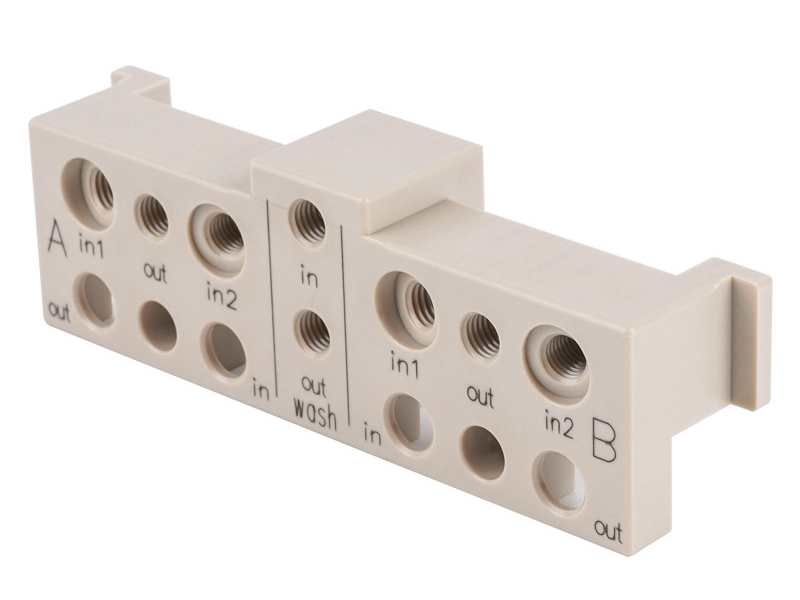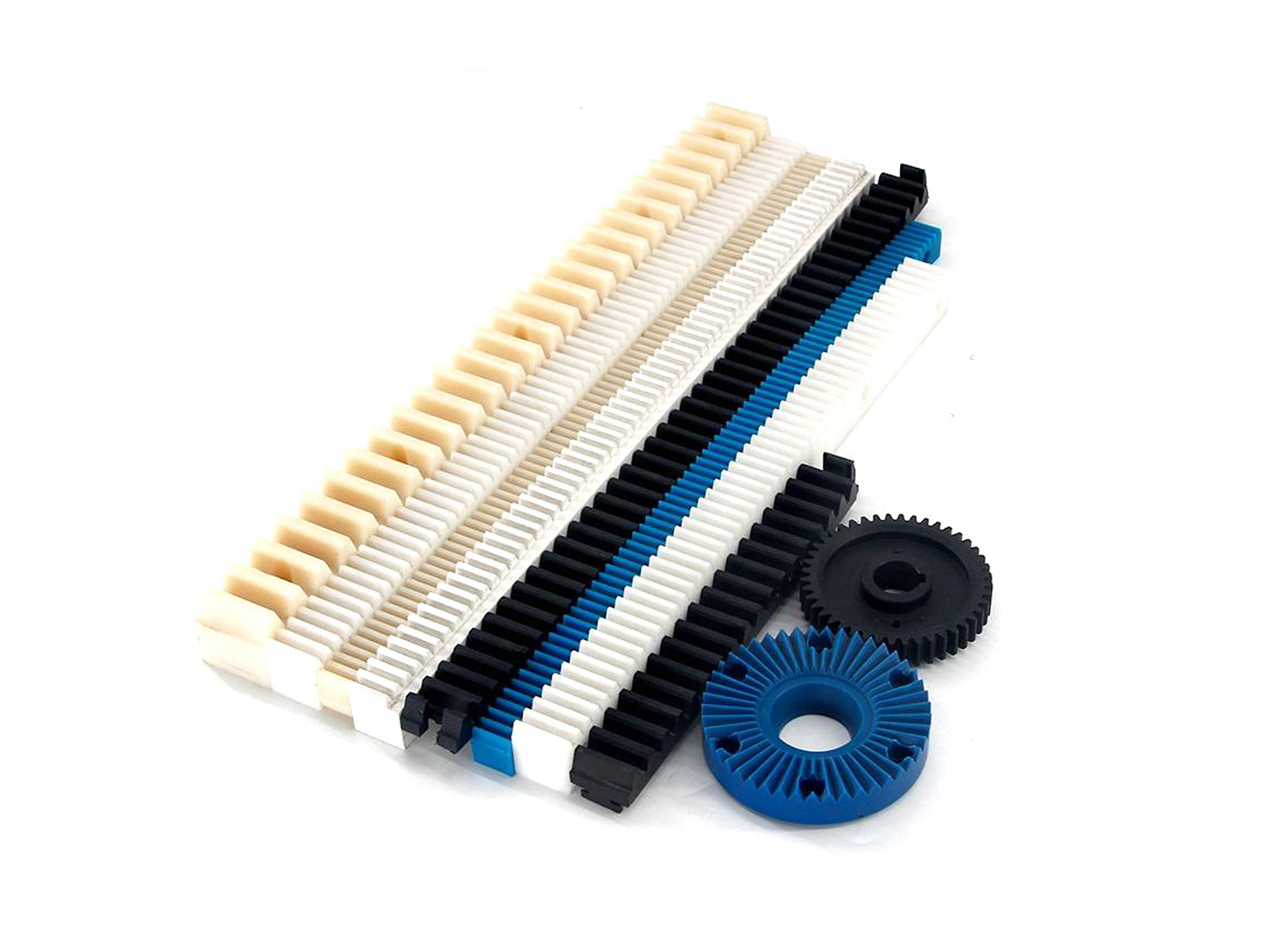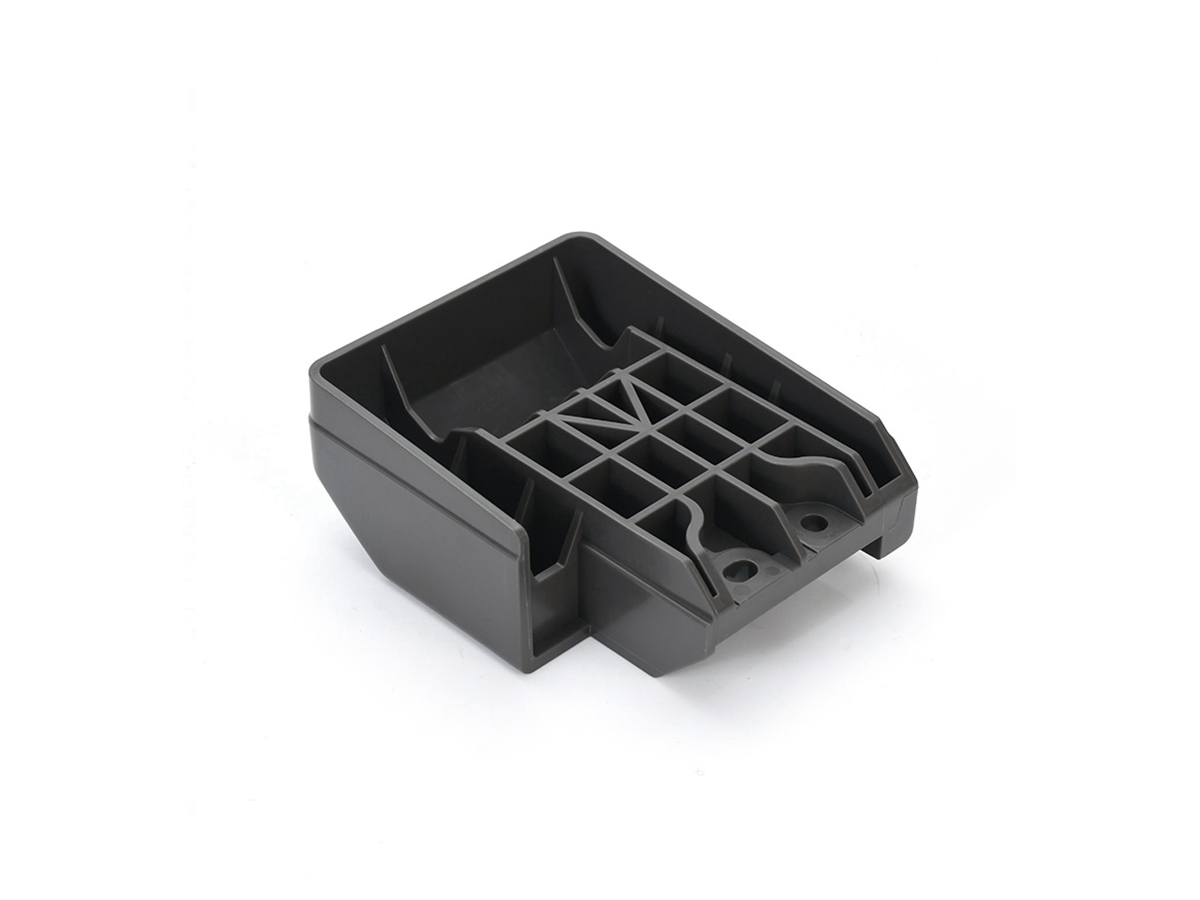How do I select the right engineering plastic for my application?
Evaluate Key Mechanical and Thermal Properties
Start by defining your application's core requirements, such as strength, stiffness, and heat resistance. For high-strength and impact-resistant parts, Nylon (PA) or Polycarbonate (PC) is an excellent choice. If your component will be exposed to elevated temperatures or harsh chemicals, PEEK offers superior performance. For applications requiring low friction and high wear resistance, Acetal (POM) or PTFE (Teflon) is ideal.
Consider the Chemical and Environmental Conditions
The operating environment is critical. For parts exposed to moisture or various chemicals, Polypropylene (PP) provides excellent chemical resistance. In highly corrosive or ultra-pure environments, PVDF is often specified. If you need a material that combines weatherability with clarity, Acrylic (PMMA) is a strong candidate.
Factor in Manufacturing and Cost-Efficiency
The chosen plastic must be suitable for your manufacturing process, such as our Plastic CNC Machining Service. For cost-effective prototypes and parts requiring good machinability, ABS is a versatile option. For complex, low-volume parts, consider our 3D Printing services, which utilize materials like PC-ABS for durable, functional prototypes.
Leverage Industry-Specific Expertise and Post-Processing
Different industries have established preferences. In Medical Device applications, biocompatible materials like PEEK are common. For Automotive or Consumer Products, ABS offers a good balance of strength and aesthetics. Furthermore, surface treatments like our CNC Plastic Surface Enhancement can be applied to improve wear resistance, appearance, or add functionality.
Utilize Prototyping to Validate Your Selection
The most reliable way to confirm your material choice is through physical testing. Our Prototyping Service enables you to produce functional parts in the intended plastic, ensuring they perform as expected in real-world applications before committing to Low Volume Manufacturing or Mass Production.



